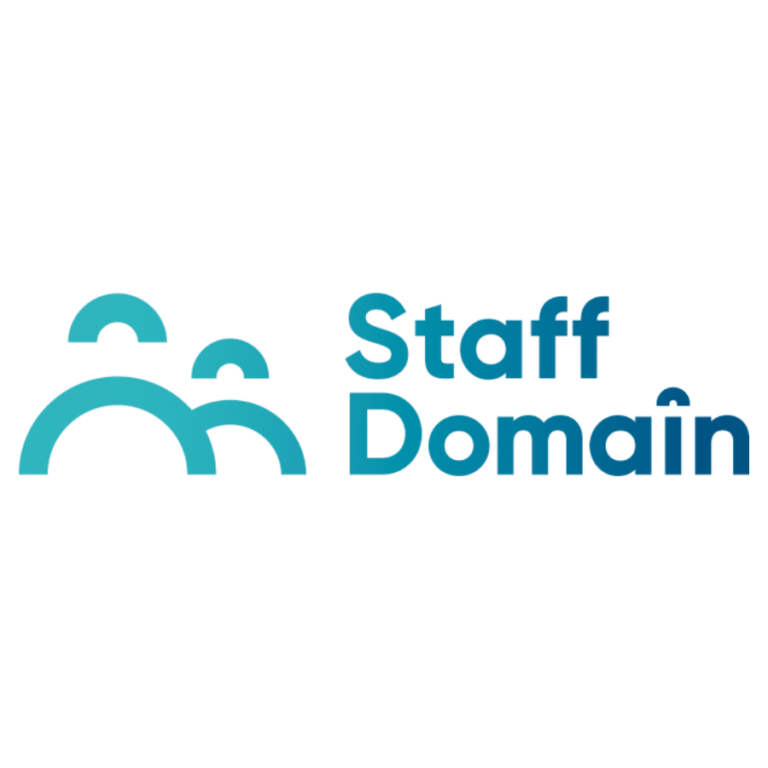The Importance of Literacy in Offshore Outsourcing

Are you thinking about offshoring services to the Philippines? Or do you already have an offshore team, but want to know how to make the most out of your offshore partnership? Today let’s look at one of the main factors in choosing where to offshore: literacy.
The Philippines is a leader in offshore outsourcing
The Philippines has long been considered one of the leading outsourcing destinations in the world. It is often compared to the current world leader in offshore outsourcing, India—this is backed up by the research we shared earlier last year, Bond University’s Offshoring of Accounting Services in Australia (The Offshore Research). Both India and the Philippines are well-equipped to provide a high quality of skill and work. However, firms continue to favor the Philippines for the culture and excellent communication.
Language and literacy matters
The ability to communicate well with offshore staff impacts everything—the ability to integrate with your team; to engage in training; to raise issues; to work quickly and to deliver what is expected. This is the edge that the Philippines offers over India and other outsourcing locations in Asia.
Functional literacy is the skill set required for the real-life application of reading, writing and mathematics. It’s critical to communities and the way they function. According to the Philippine Statistics Authority, in 2019 the functional literacy rate was at 91.6%. This translates to 73 million out of 79.7 million people between the ages of 10 and 64. The most functionally literate group is the younger labour force; 96% of those aged 20-24 are functionally literate in the Philippines. The Philippines is also ahead of India in language proficiency. The EF English Proficiency Index (EF EPI), which attempts to rank countries by the average level of English language skills, ranked the Philippines number 27 on the 2020 list with a score of 562—high proficiency. It is only surpassed in Asia by Singapore, which ranks at number 10. India ranks number 50 worldwide with a score of 496—low proficiency. They currently rank number 8 in Asia. Offshoring businesses make extensive use of virtual communication tools to manage workflows, training, client interaction and problem solving—so literacy is absolutely critical. Good literacy and communication also benefit business workflows. Communicating simple questions and information via a middle onshore party slows the process and is therefore inefficient. When communication is good, firms can direct offshore-client communication which improves the workflow, especially for compliance work.
Cross-cultural issues exist
Cross-cultural issues are ever present when offshoring and can lead to barriers and unmet expectations. Finding the right cultural fit along with building and nurturing cross-border culture is essential. Despite both India and the Philippines having strong Western influences, it was the Philippines that fully embraced and adopted Western culture, integrating it into their own. This cultural similarity is one of the reasons why the Philippines has grown its BPO sector so rapidly. The Offshore Research found that 83% of those who offshore in the Philippines were satisfied with the cultural fit compared to 63% of those offshoring in India. Still, regardless of location, all firms offshoring will experience the inevitable cross-cultural issues which vary across different markets and cultures.
Putting language and literacy into the offshoring context
High literacy rates are a good jump-off point, but you now have to put it into context: How does the Philippines’ functional literacy apply to offshore outsourcing? The study “The workplace, the society and the wider world: The offshoring and outsourcing industry” talks about the role of language in offshore outsourcing, particularly in roles that require communication with different stakeholders. In it, they discuss different factors to consider when assessing language ability and literacy, specifically for offshore staff in the Philippines.
- Workplace English Language Assessment – Your offshore outsourcing provider must have an assessment system focused on professional language needs. At Staff Domain, all applicants have to pass Standard English Language tests for their specific role and region—whether it’s Australia/New Zealand, the UK, or the US. This is how we assess a candidate’s language proficiency.
- Language Training and Coaching – The example given in the study illustrates this well: clients such as financial counselling firms need higher levels of English proficiency because of the technical nature of their services. Others may do with more basic levels because they have the general population as their audience and the conversations are routine in nature, such as in directory services. This process of auditing and determining the specific language need is called tagging.
- Service Level Agreement (SLA) and Quality Assurance (QA) – In order to assess your offshore staff’s capabilities more accurately, QA standards and SLAs must be established. We work closely with our clients to assess the SLAs and QA guidelines established along with the job descriptions before we even begin the hiring process. This is when you should discuss the inclusion of your language and communication requirements as a key performance indicator (KPI). To ensure employee performance is up to par with agreed upon KPIs, we check in with employers weekly for six weeks, conduct 30-day and 60-day assessments.
Conclusion
Literacy plays a central role in offshoring; clear communication and understanding between onshore and offshore teams is vital to successful business operations. The Philippines’ high functional literacy rates, understanding and adoption of Western influences and culture, and intensive training make it a rich resource for qualified talent. This makes the country a key player in providing effective offshore solutions. An Australian Business Process Offshoring (BPO) organisation focused on supporting small to medium businesses, Staff Domain, Inc. is committed to helping its partners overseas achieve cost savings and rapid growth through end-to-end offshore recruitment and operational management. Based in Pasig City, Metro Manila, Philippines, Staff Domain outsource teams feature the best talent who take pride in the work and the professional choices they make. The company’s State of the Art Facility exceeds the expectations of working professionals and ensures productivity- a space where smart professionals and businesses can grow together. Considering offshoring for your business? Visit Staff Domain to get learn more and get started.







 Independent
Independent




